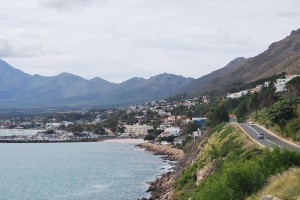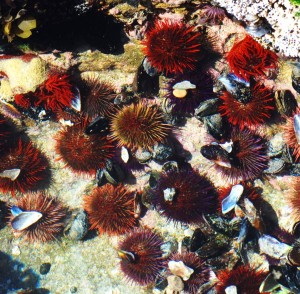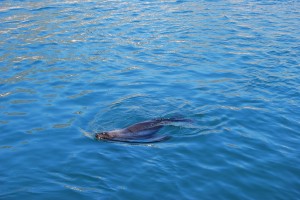 Mahatma Ghandi said, “The things that will destroy us are politics without conscience, wealth without work, knowledge without character, business without morality, science without humanity and worship without sacrifice”.
Mahatma Ghandi said, “The things that will destroy us are politics without conscience, wealth without work, knowledge without character, business without morality, science without humanity and worship without sacrifice”.
What if this were to be reversed to include the things that will save us: politics by politicians who care not only about their immediate constituency but the bigger picture to such an extent that they can’t help making a positive difference to the world at large; wealth for people who use their money for the betterment of humankind and the health and wellbeing of the planet and its myriad inhabitants; knowledge that enables humanity to soar to unprecedented levels of consciousness; business that looks far beyond the triple bottom line to principles and practices that do the most good for the greatest number of people in the largest parts of the globe; science that embraces our humanity and frailty; and worship that is in no way proscriptive and which uplifts the entire human family. Is this an unrealistic pipe dream or a blueprint for a better future?


